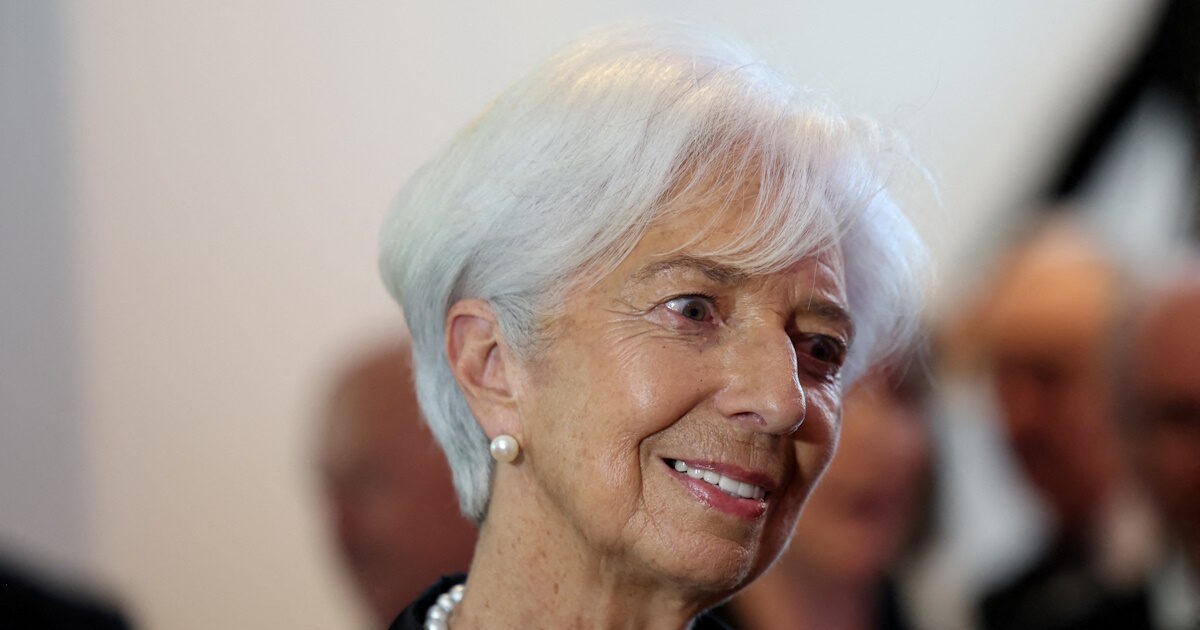The new reduction of interest rate by European Central Bank (ECB) by 0.25% is a fact since yesterday (17.04.2025), with its effects on the European and Greek economy expected positive, especially in this environment of increased uncertainty due to trade war.
But it is precisely this international environment that requires to have a “low bar” despite the fact that the Greek economy, for its part, needs a favorable monetary environment with low interest rates from the ECB in order to achieve its high growth goals, but also to work on its improvement.
That is why the Governor of the Bank of Greece (BoG), Yiannis Stournaras, generally holds a line closer to the side of the “pigeons” within the ECB’s Board of Directors, supporting the – under conditions – further relaxation of monetary policy.
What does it mean to reduce interest rates on productivity?
As the BoG commander states in his recent report, proper monetary policy can contribute to improving labor productivity, that is, in a field where Greece “pains”, as the lowest interest rates under the appropriate conditions can boost.
The above is considered to be unnecessary for the Greek economy, and the steps that need to be taken are many, and not only at the level of monetary policy. As the IOBE warns, if there is no increase in productivity, today’s trend of growth of the economy will “catch a ceiling” within that productive model, and will begin to move on the contrary, as “the growth in the use of productive factors gradually reaches a limit and there will be no further growth”.
What does it mean to reduce interest rates on productivity?
Progressive reduction in money costs also means to boost investment, while increasing economy productivity due to low interest rates will have beneficial effects through stimulating demand for investment in new, innovative and more productive technologies, as Yiannis Stournaras reports.
However, the economy is not only opposed to the impact of restrictive monetary policy on investment, as it should not be forgotten that the duties and uncertainty they trigger in the global economy form a non -favorable environment for them, whether public or private, in a year.
In order for Greece to achieve its goals, it is a prerequisite for being able to implement its investment plan and “press” the pace of investment attraction, while everything may be in question if the trade war is further escalating, at a time when Greece is in the final.
What does interest rate reduction mean for banks?
The most direct impact of the new interest rates are certainly related to banks, with the domestic system betting a lot on credit expansion.
With significant progress steps in 2024, as credit expansion was reinforced by EUR 14 billion or 9%, Banks are looking forward to further reduction of interest rates by the ECB in order to be able to channel cheap money to consumers, thus funding consumption and consumption.
However, in this case, too, the impact of a possible slowdown or even a global downturn, as analysts warn, should not be overlooked in the event of further escalation of the trade war, especially after the quarter of the US and the EU.
Such a condition may cause a reduction in demand for loans (consumer, mortgages or business) as a “difficult” economic environment leads to the reluctance of undertaking additional liabilities at any level. In addition, potential conditions of recession are also leading to a “drain” of consumer deposits and deteriorating banks’ liquidity, or even new defaults.
In any case, the reduction of the ECB’s interest rates can work positively in the economy, as well as the 1 or 2 more provided by analysts by the end of the year, with the obvious “asterisk” that they do not take place in laboratory conditions, but in a rapidly changing environment with possible reversals of any certainty at all times …
